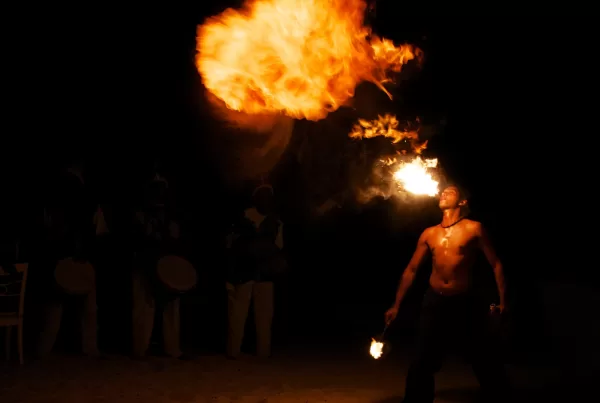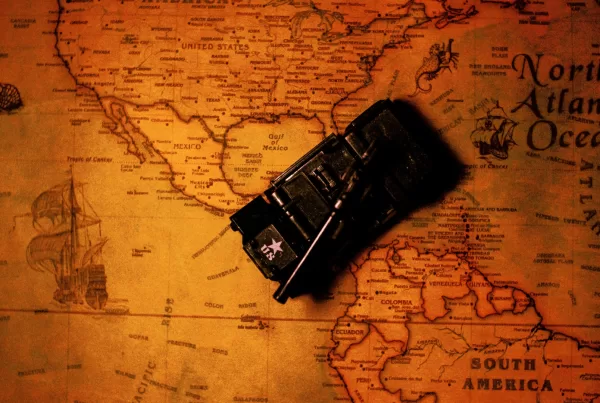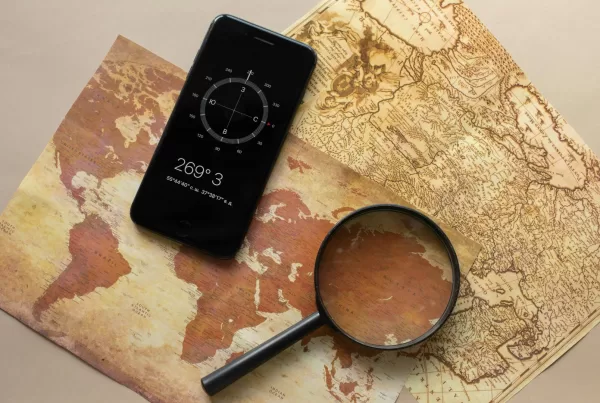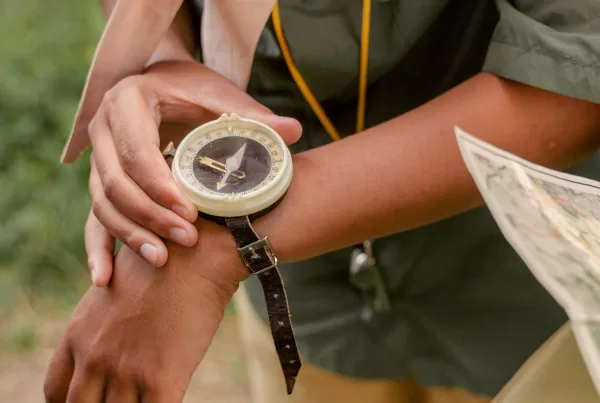
Latency and Leadership: Why Fast Talk Isn’t Always Strategic
In communication theory, latency refers to the time between stimulus and response. Some people respond quickly: we might call them low-latency communicators. They think aloud, process in real time, and speak early…





